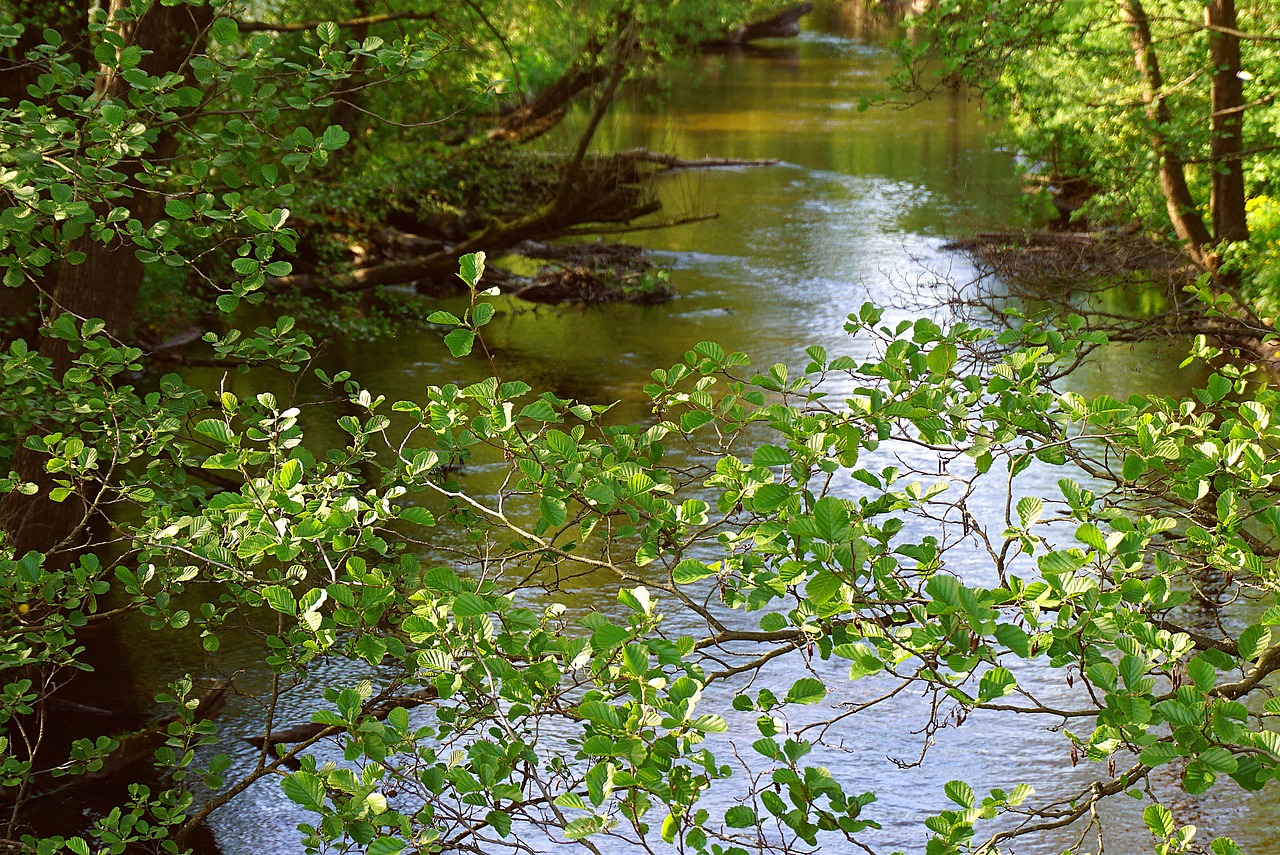Sustainable Surf Tourism: Riding Waves Responsibly and Supporting Coastal Communities
As surfers, we have a unique opportunity to enjoy and connect with the natural environment in a way that many others don’t. It’s essential that we recognize our responsibility to protect the oceans and coastlines that bring us so much joy. By following a few simple guidelines, we can ensure that our surfing practices are sustainable and respectful to the environment.
One important practice is to always respect the local marine life and ecosystem. Avoid disturbing or causing harm to any animals you encounter while surfing, and be mindful of the delicate balance of the underwater world. Additionally, make an effort to minimize your waste and plastic usage while at the beach. By picking up any trash you see and reducing your reliance on single-use plastics, you can help keep our oceans clean and safe for all inhabitants.
• Respect the local marine life and ecosystem
• Avoid disturbing or causing harm to animals while surfing
• Be mindful of the delicate balance of the underwater world
• Minimize waste and plastic usage at the beach
• Pick up any trash you see
• Reduce reliance on single-use plastics
Environmental Impact of Surf Tourism
Surf tourism has undeniably grown in popularity over the years, attracting travelers to picturesque coastal destinations worldwide. However, this surge in visitors has raised concerns about the environmental impact on these fragile ecosystems. The construction of resorts, roads, and amenities near surf breaks can lead to habitat destruction, pollution, and increased pressure on local resources.
Furthermore, the influx of surfers often results in overcrowding at popular surf spots, leading to increased erosion, coral reef damage, and disruption of marine life. This can have lasting effects on the delicate balance of these ecosystems, threatening the biodiversity that makes these destinations so unique. To address these challenges, it is crucial for surf tourism operators and visitors alike to prioritize sustainable practices and actively engage in conservation efforts to protect the environmental integrity of these valuable marine environments.
Supporting Local Economies through Surf Tourism
Surf tourism has the potential to significantly contribute to local economies in coastal regions around the world. By attracting surf enthusiasts to remote and less economically developed areas, this niche tourism sector can generate income and employment opportunities for local communities. Small businesses, such as surf schools, accommodation providers, and local restaurants, often benefit from the influx of surf tourists, leading to a boost in economic activity.
Furthermore, supporting local economies through surf tourism can help foster sustainable development by diversifying income sources and reducing dependency on volatile industries. Encouraging responsible tourism practices, such as supporting locally-owned businesses and respecting the natural environment, is crucial in ensuring that the economic benefits are enjoyed by the local community in the long term. By engaging in ethical and culturally sensitive tourism activities, surfers can play a vital role in supporting and empowering the communities that host them.
What are some responsible travel practices that surfers can adopt?
Surfers can practice responsible tourism by supporting local businesses, respecting the environment, and engaging with the local community in a positive manner.
What is the environmental impact of surf tourism?
Surf tourism can have both positive and negative environmental impacts. While it can raise awareness about the importance of preserving coastal ecosystems, it can also contribute to pollution and overcrowding in popular surf destinations.
How can surf tourism support local economies?
Surf tourism can support local economies by creating employment opportunities, stimulating small businesses, and generating revenue for local communities through accommodation, dining, and other services.
What can surfers do to minimize their impact on local economies?
Surfers can minimize their impact on local economies by being conscious consumers, supporting local businesses, and engaging in community initiatives that promote sustainable development and responsible tourism practices.





